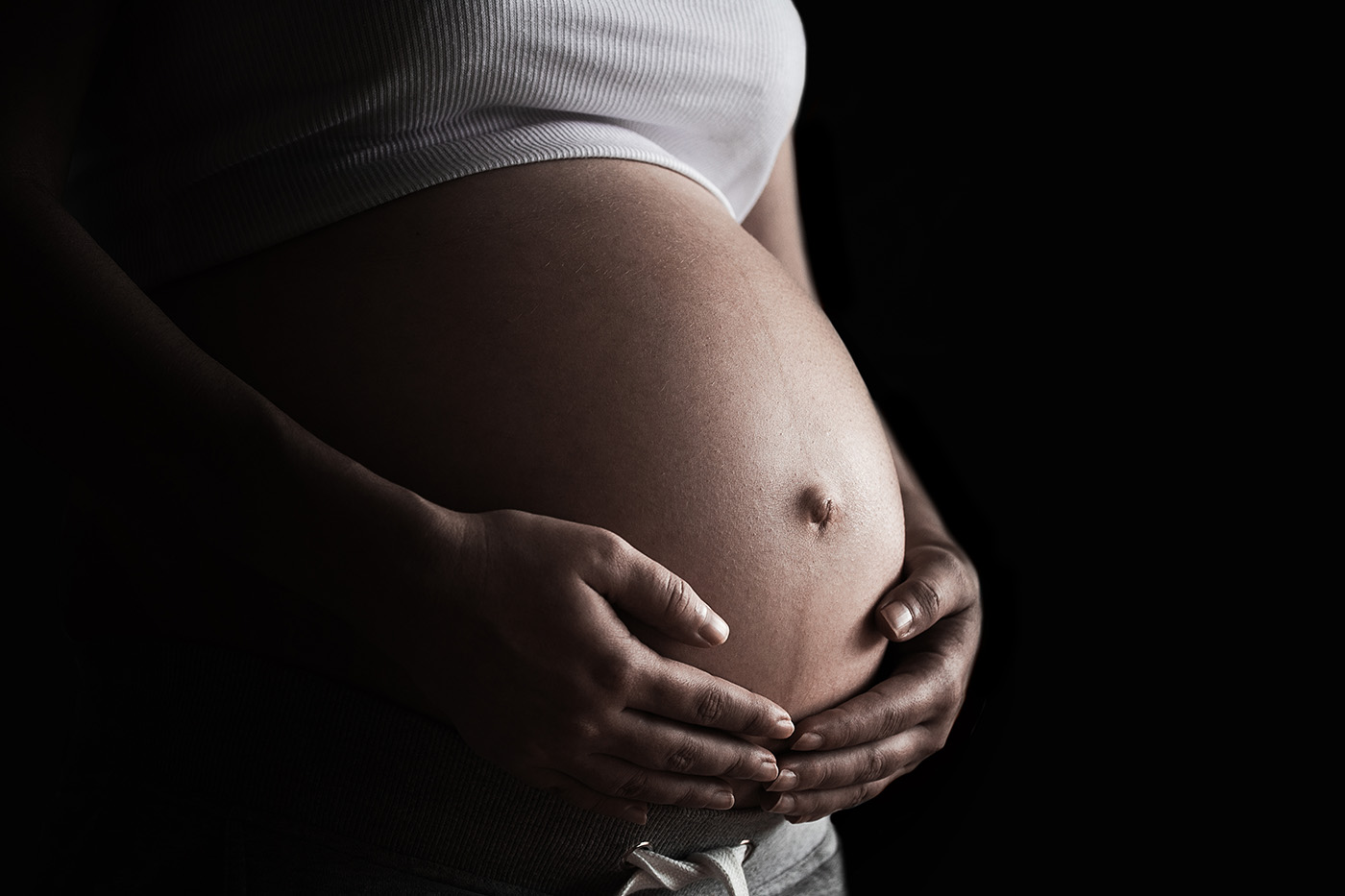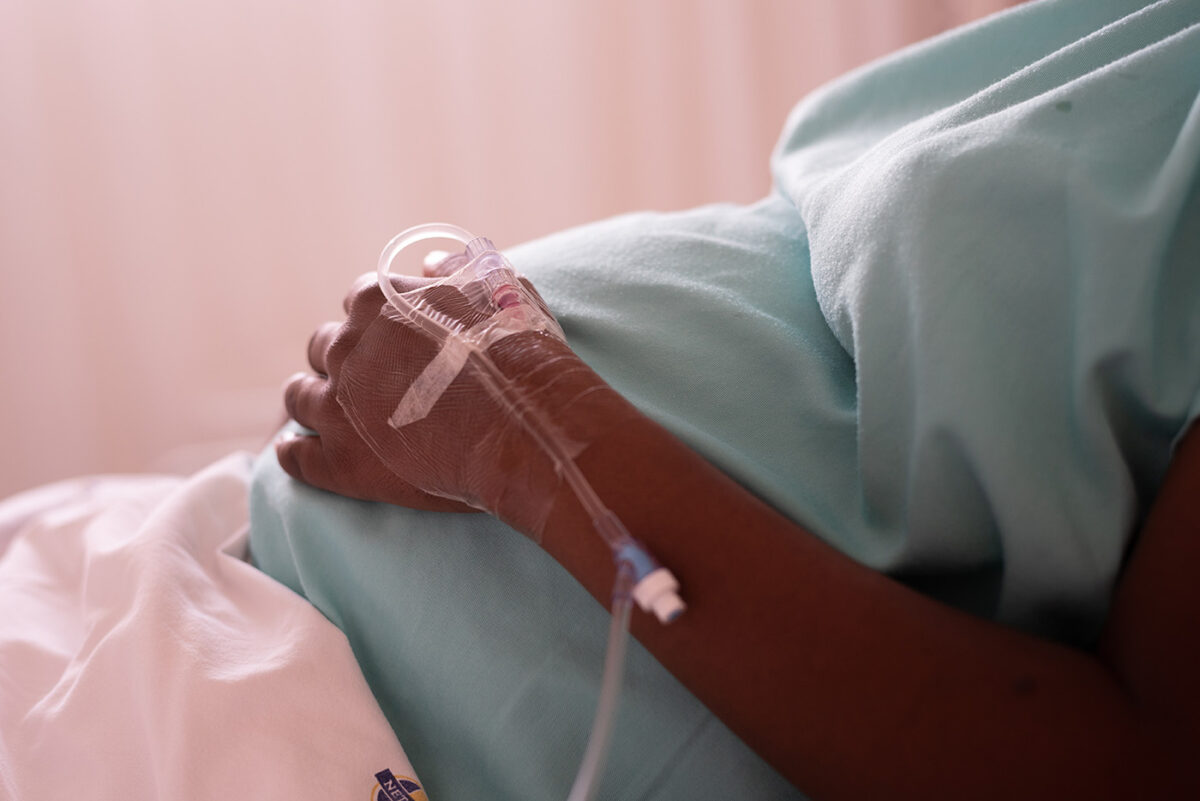Nearly half of the counties in Arkansas, 37, are “maternity care deserts,” defined as counties without any hospitals or birth centers offering obstetric care and without any obstetric providers, according to a report by the March of Dimes analyzing Health Resources and Services Administration data.
Nationwide, 36% of counties — home to 2.2 million women of childbearing age — meet the definition of a maternity care desert. The report finds that most maternity care deserts are in the Southern and Midwestern regions of the country. It also finds that 60% of maternity care deserts are in rural counties where only 7% of obstetric providers practice.
The report notes that the number of counties nationwide meeting the definition of a maternity care desert — 1,119 — represents a 2% increase since the organization released its last report in 2020.
In addition to the 37 Arkansas counties meeting the definition of a maternity care desert, another four were deemed as having “low access” to maternity care services. This means that these counties had at most one hospital or birth center providing obstetric care, few obstetric providers, or a high proportion of women 18–64 without health insurance.
The findings provide important context for policymakers and advocates working to address both maternal and infant mortality in the state. Data from the Centers for Disease Control and Prevention identify Arkansas as having the highest maternal mortality rate across all states reporting data, with 40.4 maternal deaths per 100,000 live births between 2018 and 2020. Arkansas also has the third-highest infant mortality rate of all 50 states, with 7.38 infant deaths per 1,000 live births in 2020.
The report includes a number of policy recommendations to address maternity care gaps, including state action to extend Medicaid postpartum coverage to 12 months, providing coverage for evidence-based telehealth maternal services, improving maternal mortality and morbidity data collection, and prioritizing the recommendations of maternal mortality review committees.
There are efforts underway in Arkansas to address maternity care gaps within the state, including:
- The Arkansas Maternal Mortality Review Committee was legislatively established in 2019 and tasked with identifying and characterizing maternal deaths in Arkansas with the goal of identifying prevention opportunities.
- The UAMS Institute for Digital Health & Innovation High-Risk Pregnancy Program utilizes evidence-based care guidelines, research, healthcare education, a 24/7 call center, and telehealth consultation with board-certified maternal-fetal medicine specialists to care for high-risk expectant mothers and babies regardless of where they reside in the state.
- The state’s Medicaid expansion program, Arkansas Health and Opportunity for Me, or ARHOME, includes programmatic efforts to improve maternity care. Under the Maternal Life360 Home program, part of the Life360 HOMEs program approved today (Nov. 1) by the Centers for Medicare and Medicaid Services, hospitals designated as Life360 Homes will contract with providers to offer home visiting services to women with high-risk pregnancies for up to two years after a baby’s birth.







